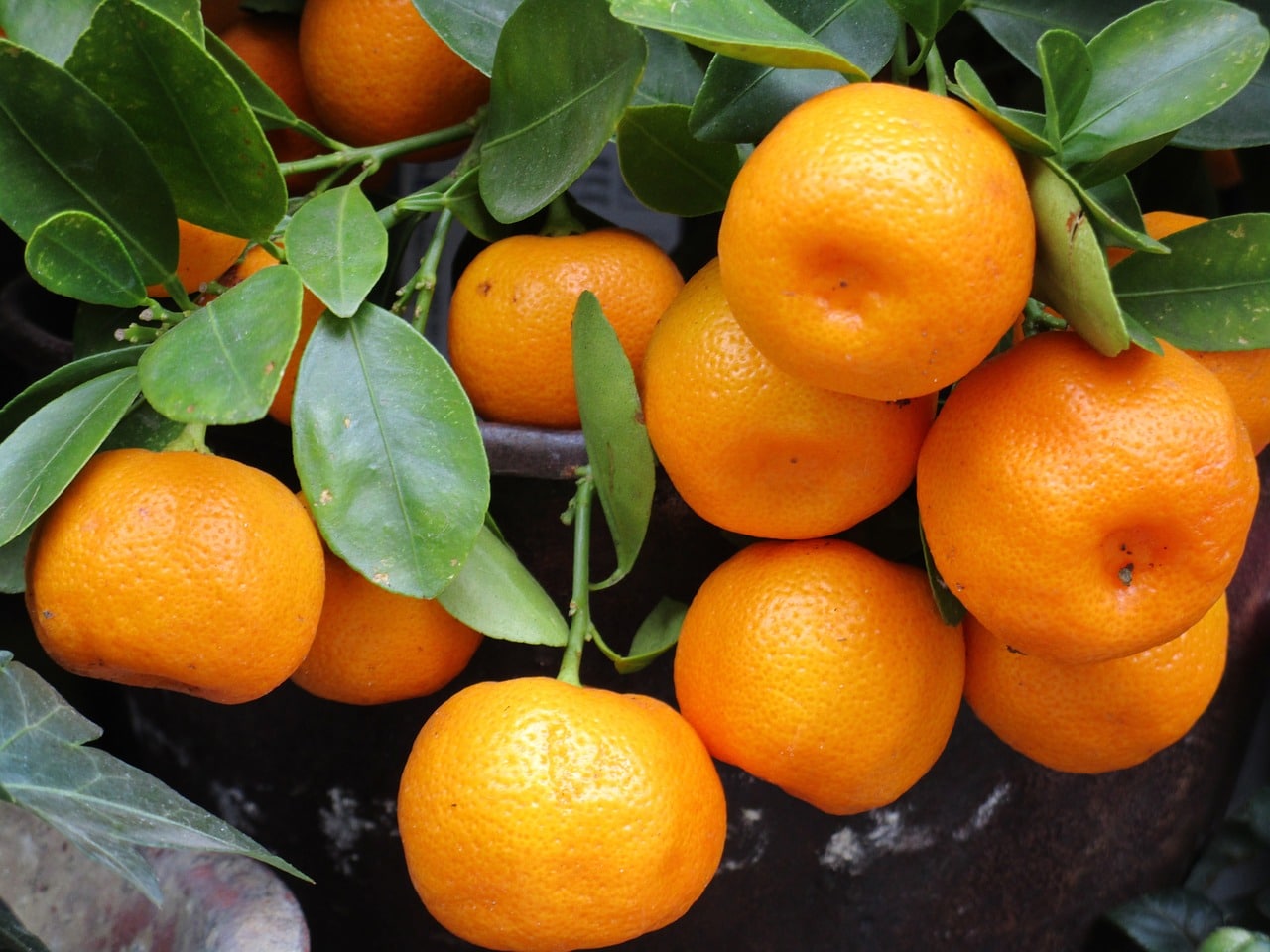On Oct. 12, Kenya’s Environment Court dismissed a case that challenged the importation and cultivation of GM crops. The Court ruled that the Kenyan government has indeed taken appropriate measures to regulate GM crops within the country.
“The ruling hands Kenyan farmers a landmark victory as they are now a step closer to cultivating approved climate-resilient Bt maize seeds and disease-resistant cassava in a bid to arrest the country’s food insecurity and improve their livelihoods through agriculture,” said a release from the International Service for the Acquisition of Agri-biotech Applications (ISAAA).
The case was brought to the Court by the Law Society of Kenya in January of this year. It aimed to overturn the Kenyan government’s ruling in October one year ago that lifted a 10-year ban on the cultivation and importation of GM crops.
“This court has not been shown any evidence to show that the respondents and the institutions named have breached the laws, regulations, and guidelines about GM foods, and in particular the approval of their release in the environment, cultivation, importation, and exportation of Bt maize,” said Justice Oscar Angote in the ruling reported by ISAAA.
The Court also stated that the National Biosafety Authority (NBA) follows the relevant guidelines adopted from the International Food Code Codex Alimentarius to protect consumer health and promote fair practices in food trade.
“With all these institutions, we should be confident that our health and environment is in good hands. It cannot be true that they have all conspired to expose the rest of the population to the calamities alluded to in the Petition,” said Justice Angote in the ruling.
The NBA reports that Kenyan has to date approved 58 GM projects, including 40 within laboratories and greenhouses, 15 in confined field trials, and three — Bt cotton and Bt maize — for commercial cultivation or environmental release.












